Metal money wasn’t just for the rich in Bronze Age Europe, study finds

What did Bronze Age people do with all that bronze? New research revives old arguments about the nature of money
Science and Technolgy blog

What did Bronze Age people do with all that bronze? New research revives old arguments about the nature of money
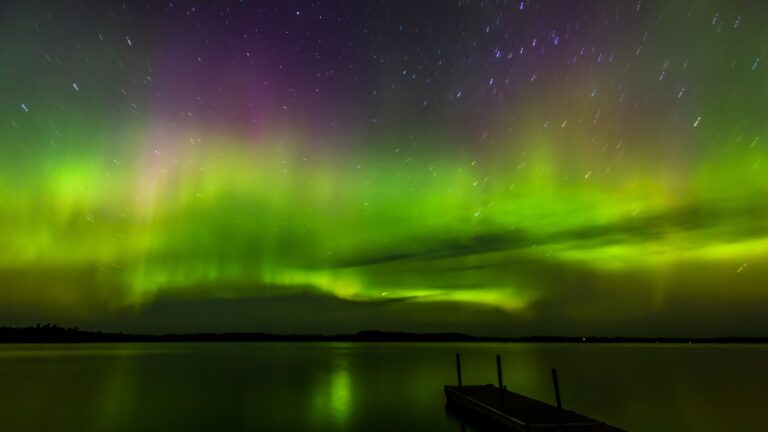
The last gasp of a “cannibal” coronal mass ejection that slammed Earth on Tuesday will bring lovely auroras to parts of the northern US and most of Canada tonight, with more northern lights displays on the way this weekend.
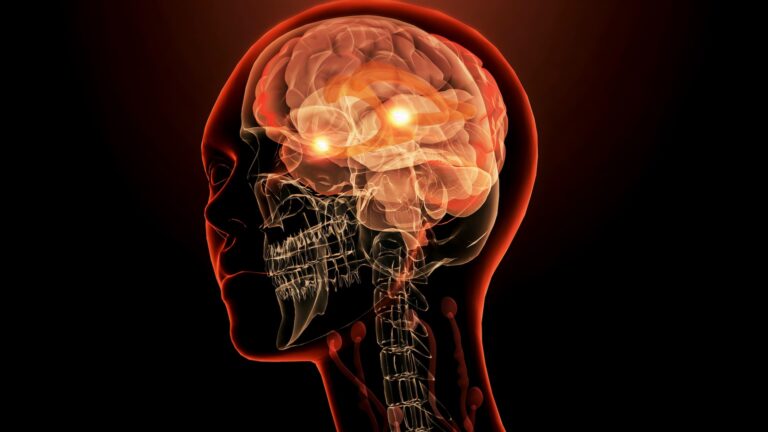
New methods applied in live mice suggest that molecules called neuropeptides, not neurotransmitters, play the main role in our response to danger.

An orthopedic surgeon explains what it’s like to support USA Basketball at the Olympics.
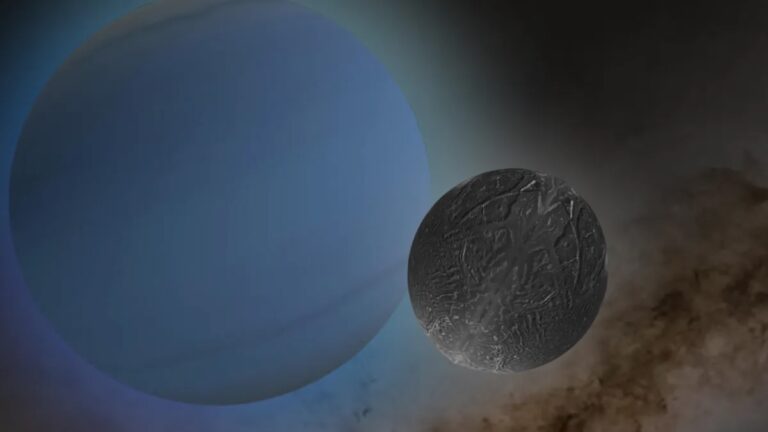
Astronomers using the James Webb Space Telescope have found that Ariel, a moon of Uranus, has some of the most carbon dioxide-rich deposits in the solar system, hinting at a buried water ocean.

Little is known about the fate of PFAS in our environment, but new research finds that bacteria in wastewater can degrade specific types of “forever chemicals.”

Reflections in the eyes of AI-generated images of people don’t always match up, researchers report.
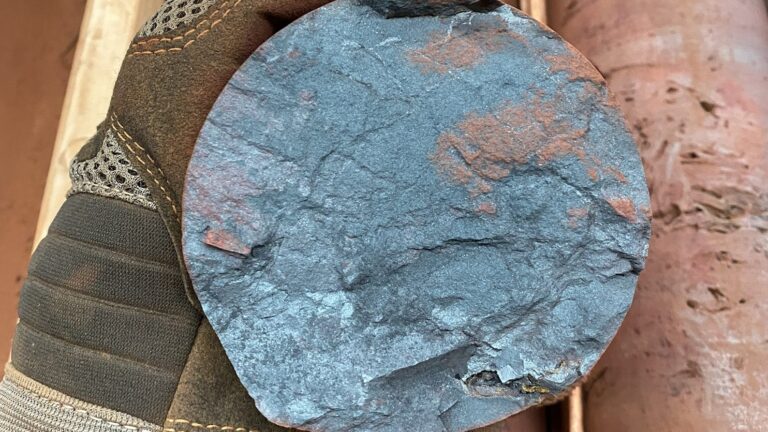
Huge iron ore deposits in Western Australia’s Hamersley Province formed when major tectonic events led to the breakup of supercontinent Columbia and to the amalgamation of Australia.
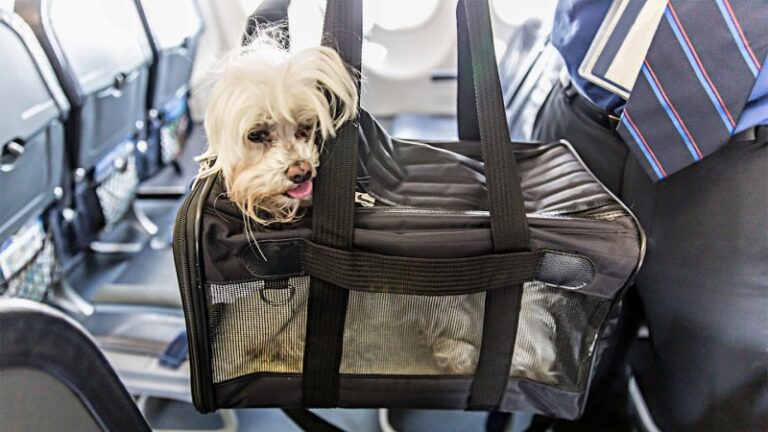
Dog rabies was eliminated in the United States in 2007. The new rules on bringing dogs into the country aim to keep it that way.
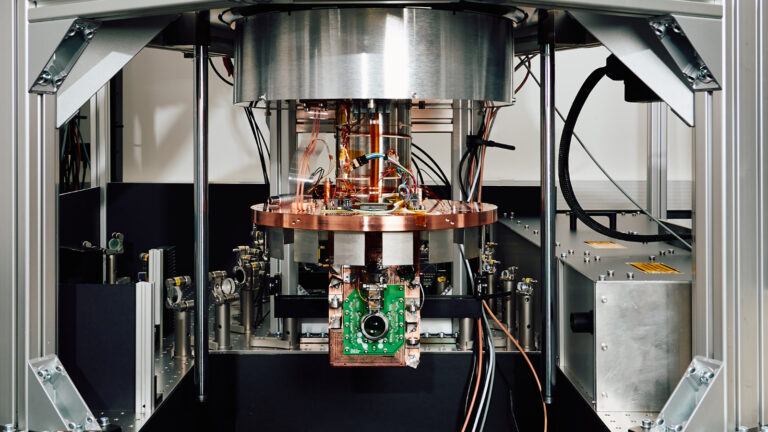
New ion-trap chip eschews lasers for an integrated circuit that can be mass produced in existing semiconductor factories.